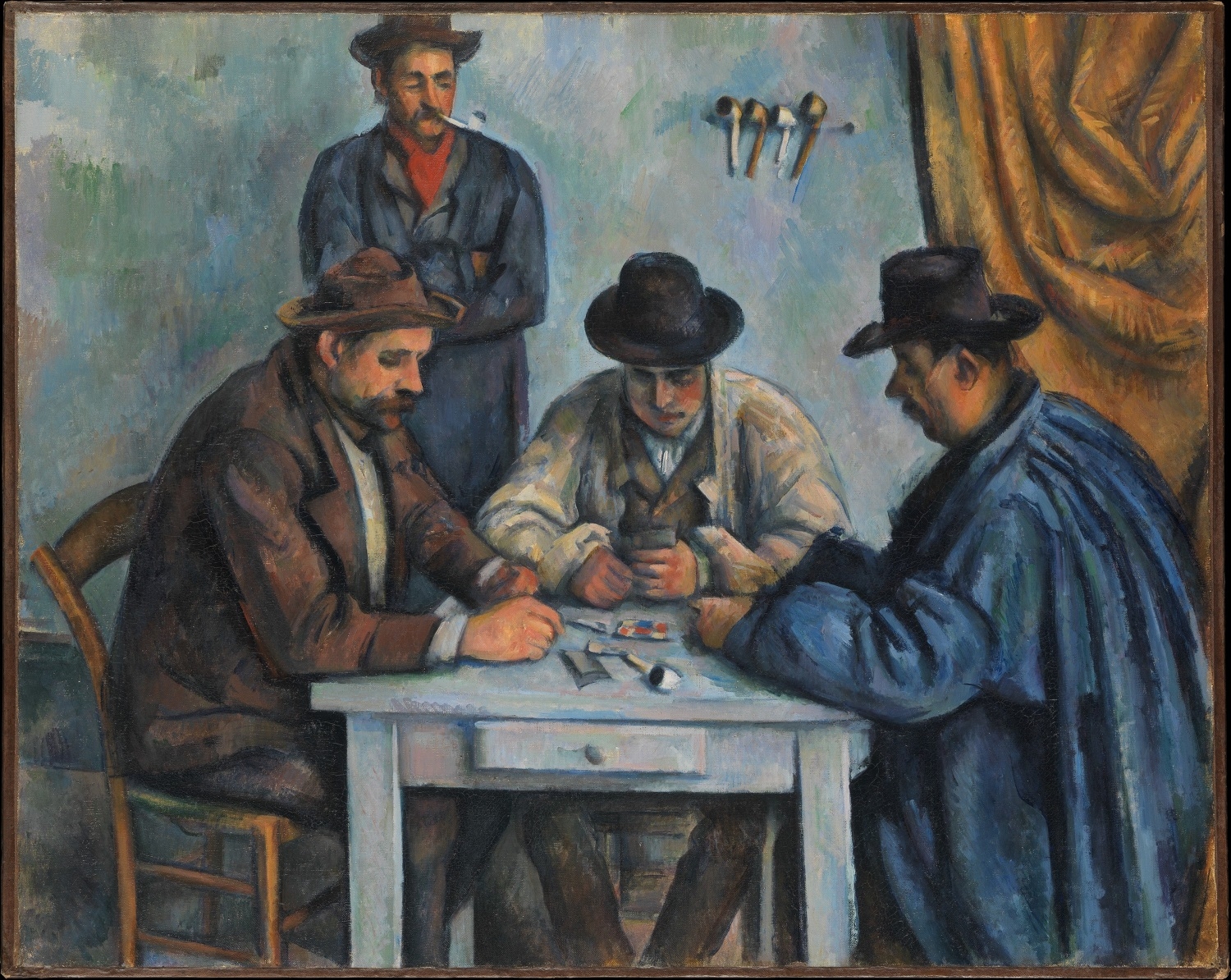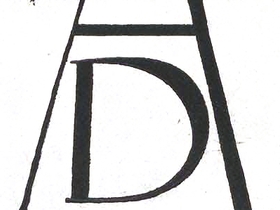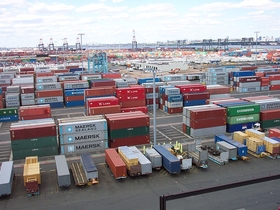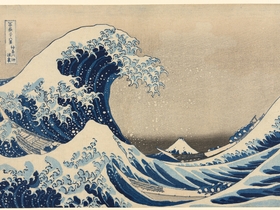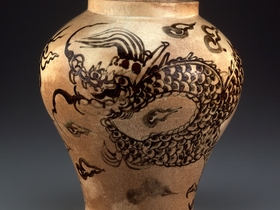As we have discussed in this space before, predicting the country of origin that Customs will find for imported goods has become very difficult. Many importers have become aware of the issue as they try to avoid Section 232 duties on steel or aluminum, or Section 301 duties on products from China. This makes sense because these duties can be as high as 25% of the value of the products.
However, antidumping and countervailing duty (AD and CVD) cases from China almost always involve duties far in excess of 25%. Worse, the same sorts to country of origin issues arising in Section 232 and 301 cases are arising in AD and CVD cases. And while duties at issue can be 200% or higher, the problem is compounded by the fact that the administrative steps necessary to try to avoid these duties are complicated and require the interaction of two separate agencies. Not properly accounting for all of the moving pieces in these cases can cost an importer the opportunity to make their case the appropriate agencies.
The Court of International Trade recently decided a case that elucidates a number of the pitfalls in these scenarios. The decision itself is a complicated discussion of court jurisdiction and exhaustion of remedies. Read it at your peril. In any case, a company called TR International Trading imported a form of citric acid that it declared as being of Indian origin. This was important because there is an AD case against this citric acid from China that carried a rate of 156.87% and a CVD case with a rate of 8.14%. There were no such additional duties on citric acid from India.
As it happened, Customs became curious about the shipment and sent the importer requests for information. The thrust of the requests were directed toward whether the inputs in the acid had undergone a substantial transformation in India, and from where the inputs were imported into India. When the importer asserted that the goods were transformed in India, Customs sent a sample to the Customs laboratory. The Customs lab (somehow) concluded both that the inputs were not substantially transformed in India, and also, that they were of Chinese origin. These twin findings meant that Customs reached the conclusion that TR International Trading owed an additions 156.87% plus 8.14% in AD and CVD duties on its imports.
TR International Trading’s case is still being worked on by Customs. However, we know from their experience and from dozens of other cases that there are a number of steps importers can take to avoid facing a whopping and unexpected duty bill. Some of these are:
Consider getting a ruling. A ruling that there was a substantial transformation would have insulated the importer from this surprise.
Vigorously address requests for information (whether a CF 28 or CF 29) received from Customs. These are legally important documents, and your earliest chance to nip in the bud any questions the agency may have. It is appropriate to involve your attorney at this point because your response has serious legal ramifications.
Consider filing a protest if Customs makes a factual finding that bring s a product into the scope of an AD or CVD case. A reversal of either finding by the Customs lab will likely take the case back out of the scope of the AD and CVD case.
Consider filing a scope request with Commerce to clarify whether your product really is covered by the AD or CVD case. Because scope decisions have serious implications for the importer, it is important that they be analytically complete, with all necessary facts and legal reasoning in the document.
Depending on the situation it is unlikely that any importer would need to take all four of these steps, but it is important that importers know that these are the steps when Customs starts asking questions that can implicate AD/CVD scope coverage.
The attorneys at Barnes, Richardson & Colburn, LLP have been handling matters of this sort since 1919 and are prepared to assist importers today.
